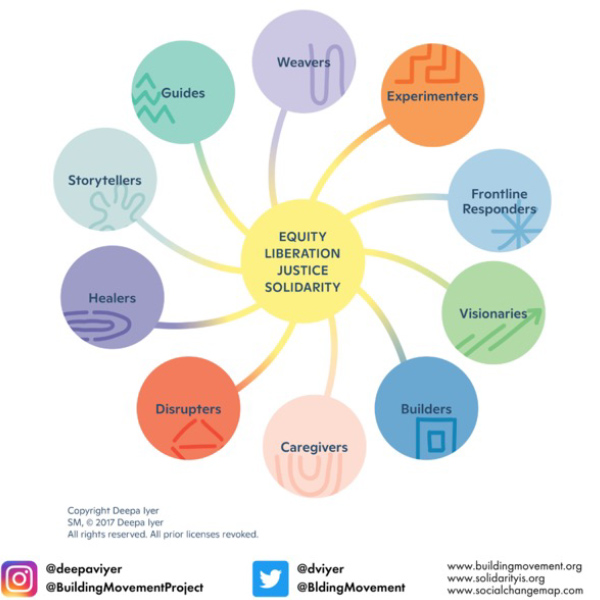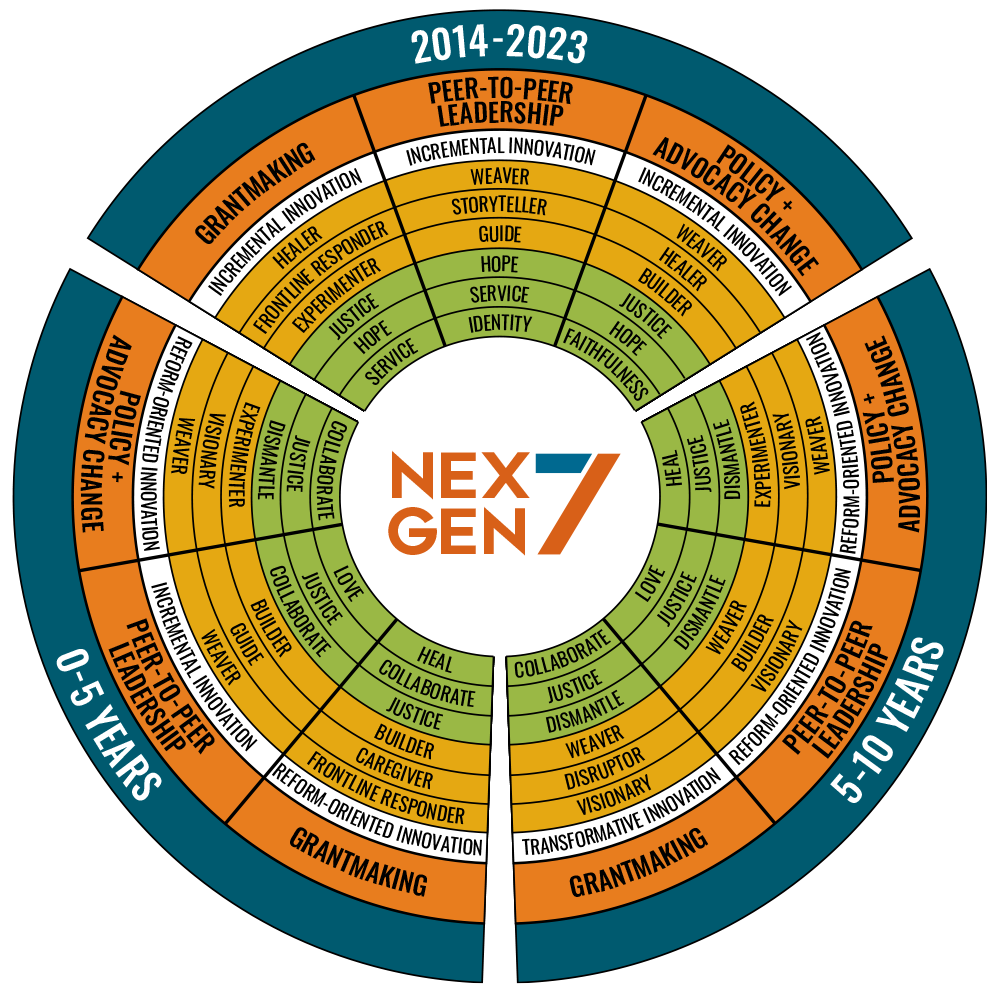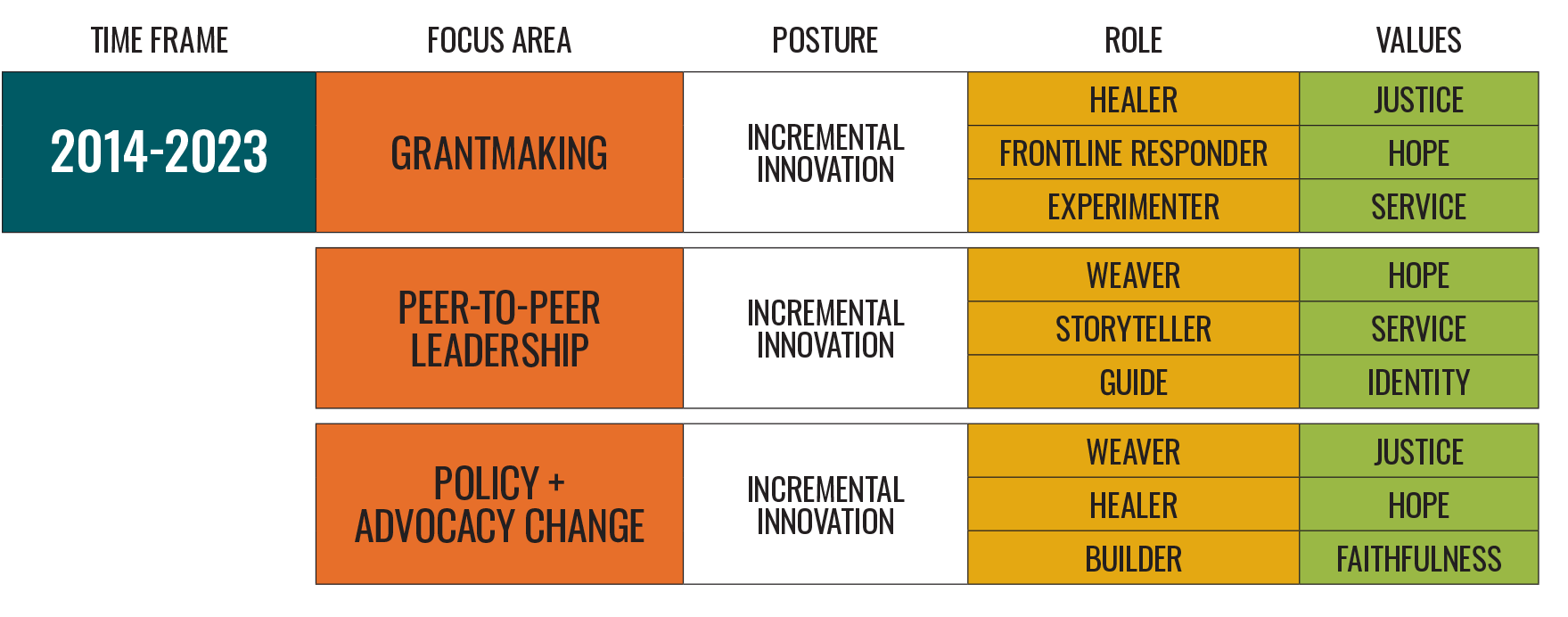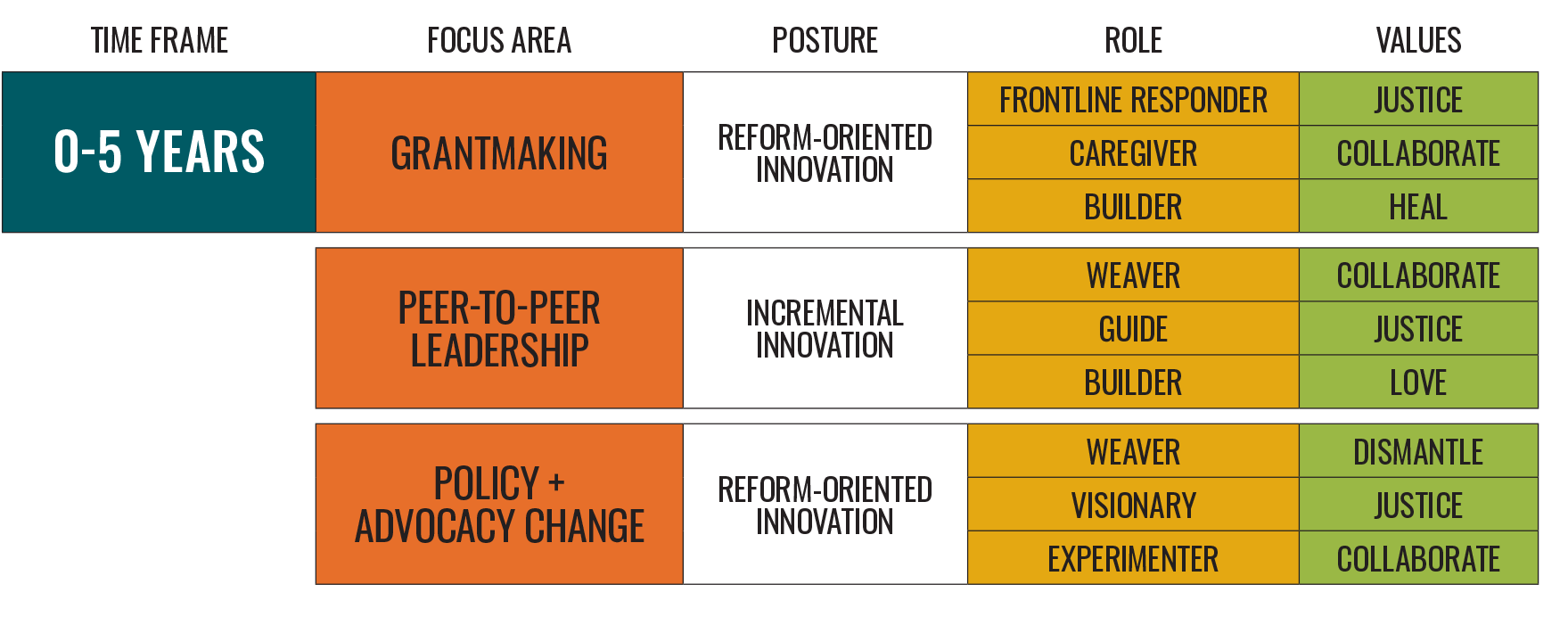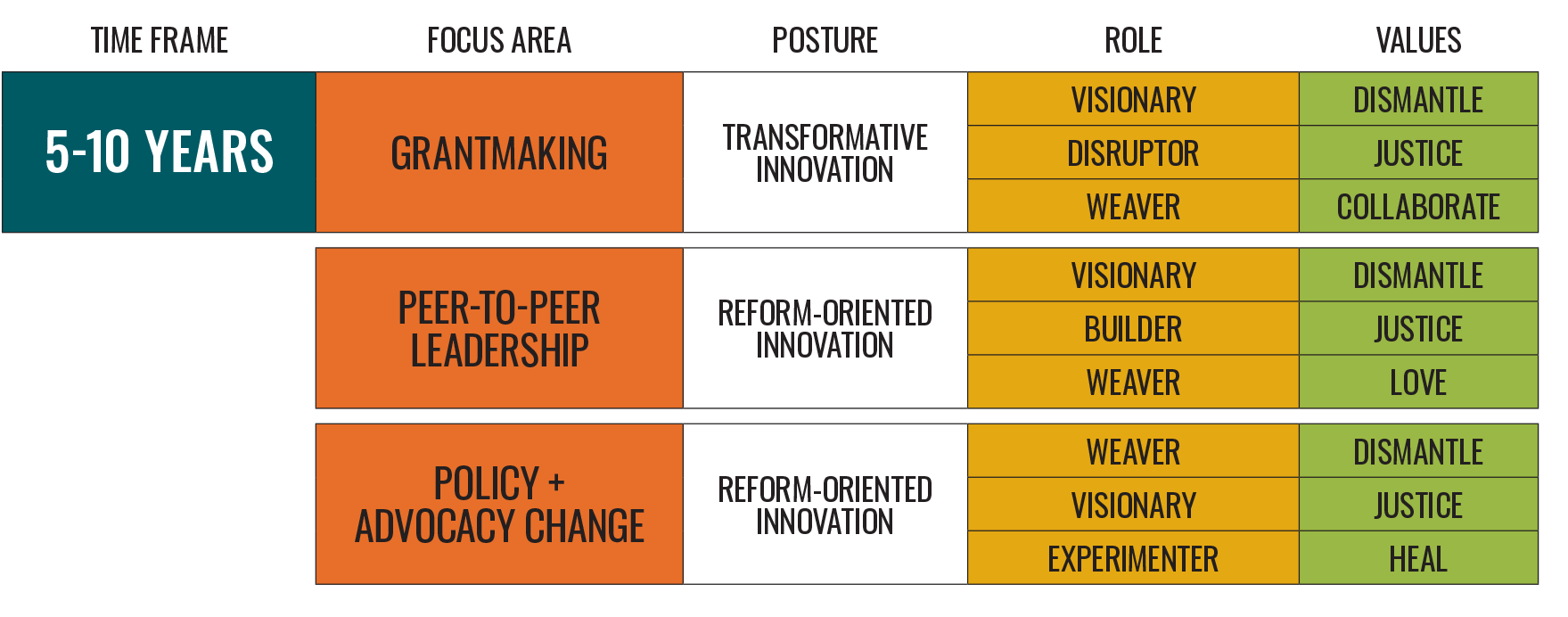2020 Census
To counter the historical, chronic undercounting of people of color in the United States census — which has detrimental implications for the federal funding of community resources including schools, hospitals, infrastructure and more - several of Deaconess’ Funded Partners, including Action St. Louis , Metropolitan Congregations United , Missouri Jobs with Justice , Organization for Black Struggle , and MOVE MO, organized to increase census participation in the greater St. Louis region.
Children’s Defense Fund (CDF) Freedom Schools®
Deaconess launched its network of Children’s Defense Fund (CDF) Freedom Schools® in 2017. Rooted in the Mississippi Freedom Summer project of 1964, the CDF Freedom Schools program is a seven-week summer literacy and cultural enrichment program. Post launch, and pre-pandemic, Deaconess’s Freedom Schools program intentionally expanded locations to reach more youth. In 2019, Deaconess’s CDF Freedom Schools Scholars joined over 180 other CDF Freedom School sites in 87 cities and 28 states across the country for a National Day of Social Action. For their civic engagement that day, Deaconess’s Freedom Schools Scholars went to City Hall to offer solutions to gun violence in their communities to then-Mayor Lyda Krewson and President of the Board of Aldermen Lewis E. Reed.
Clean Missouri
A statewide coalition of organizers, advocates, and volunteers collected and submitted more than 340,000 signatures for Amendment 1–CLEAN Missouri to be placed on the November 2018 ballot.5 Deaconess supported this campaign in support of fair and transparent state governance by providing space for organizers to host phone banks with volunteers, as well as an informational session for elected officials at Deaconess Center for Child Well-Being. Thanks to the work of all partners, 62% of Missouri voters elected to pass the Amendment in November 2018.
Close the Workhouse
In 2017, the Close the Workhouse Campaign, led by Action St. Louis, Arch City Defenders, and The Bail Project, launched to attack mass incarceration, close the Workhouse (St. Louis City’s Medium Security Institution), end wealth-based pretrial detention, and reinvest money used to cage poor people and Black people into rebuilding the most impacted neighborhoods in the St. Louis region”.7 After two years of educating, organizing, and activating individuals and organizations in St. Louis to demand the closure, the Board of Aldermen voted unanimously on July 17, 2020 to close the Workhouse by the end of 2020. Deaconess supported the campaign through its Responsive Grants portfolio, provided convening space to the campaign at Deaconess Center for Child Well-Being, and advocated for closure of the Workhouse.
COVID-19 Equitable Relief and Recovery Fund
Deaconess invested more than $2.2 million to support emergency response and recovery efforts in the St. Louis region from March through August 2020.7 Created to strengthen existing regional infrastructure for public health and social service coordination while promoting racial equity, regional collaboration, and inclusion in COVID-19 responses, Deaconess’ Equitable Relief and Recovery Fund (with matching funding from the Robert Wood Johnson Foundation) provided grants to more than 100 Black-led social service and social change organizations providing direct aid to people impacted by the pandemic. To meet the needs of a rapidly changing environment caused by the advent of COVID-19, Deaconess recalibrated its funding model and processes to expedite grantmaking, with most organizations receiving funds within three weeks of submitting a proposal. In addition to these efforts, Deaconess also partnered with the United Church of Christ and 14 St. Louis churches to buy and abolish $12.9 million in medical debt for 11,108 families early during the initial pandemic year of 2020.
Deaconess Center for Child Well-Being
The Deaconess Center for Child Well-Being opened at 1000 Vandeventer Avenue in 2018. Its mission is to build power to advance child well-being in the St. Louis region by strengthening alliances for child-friendly public policy, increasing citizen contact with policy makers, positioning youth and organizers to move systems, and engaging faith communities in child advocacy.5 Intended to serve as supportive infrastructure for organizing for public policy change, the Center’s offerings evolved during the COVID-19 pandemic to meet the virtual and open-air needs of Deaconess’ partners, even as public gathering restrictions were in place.7
Ferguson Commission
Launched in November 2014, the Ferguson Commission was created to both examine issues that came forth in the light of the killing of unarmed teenager, Michael Brown, by Ferguson police officer Darren Wilson, as well as offer recommendations to make the St. Louis region a “stronger, fairer place for everyone to live.” Comprising 16 members from business, clergy, health care, law enforcement, civic and educational leadership, the Ferguson Commission not only issued specific, practical policy recommendations in its final report; it also led to the launch of Forward through Ferguson, a 501(c)3 catalyst for lasting, positive change in greater St. Louis. Deaconess took an active role in supporting the important work of the Ferguson Commission; in addition to providing funding, Deaconess’ then Board Member (and current President & CEO) Reverend Bethany Johnson-Javois, MSW served as its Managing Director, and Deaconess’s past President & CEO, Reverend Starsky D. Wilson, served as its Co-Chair.
Just for Kids (J4K) Anchor Institutions Program
In 2018, Deaconess launched its J4K Anchor Institutions program by selecting five organizations as multi-year partners to strengthen and ground systems change and community organizing efforts in the St. Louis region.5 Each partner was offered support from capacity building consultants, executive coaches, peer exchanges, and funding to develop and implement four-year plans to enhance their governance and leadership, technical infrastructure, organizational culture, financial capacity, and strategy.
Medicaid Expansion
Deaconess invested $100,000 to support a 2020 collaborative public policy campaign launched by Missouri Jobs with Justice and Action St. Louis. This campaign intended to mobilize their combined base among uninsured or underinsured citizens and develop the leadership capacity of people for whom access to healthcare had been denied due to the failure to expand Medicaid.7 Thanks to this work, as well as that of many other partners, Missouri voters in August 2020 approved a state constitutional amendment to expand Medicaid to more than 270,000 Missourians with 53% of the vote. After state legislators refused to fund the constitutional amendment — thus, delaying Medicaid expansion - a lawsuit was filed to force the state to implement the mandate. This lawsuit eventually made its way to the Missouri Supreme Court, which issued a unanimous decision to affirm the state’s duty to expand Medicaid. Additional Deaconess activities to support Medicaid expansion included cosigning a published editorial, serving on the YES on 2 St. Louis Champions Leadership Table, and hosting the launch of voter canvassing efforts.
North Central Plan
Deaconess sponsored the creation of the North Central Plan, a community-led strategic planning process which brought the Covenant Blu Grand Center and Vandeventer neighborhoods together to develop their vision for the future. This 12-month planning process, which commenced in late 2019 with the convening of a community Steering Committee, leveraged the Deaconess Center for Child Well-Being’s available spaces for public convening and collaboration. The North Central Plan has since been adopted by the City of St. Louis as an official planning document; its asset-based, resident centered approach can be a model for future development.
Peer Funder Collaboration
Deaconess has frequently collaborated with a range of peer funders on initiatives designed to advance community civic engagement. In addition to initiatives explicitly described in this section (e.g., Freedom Schools, North Central Plan, Raise Up Missouri, and the St. Louis Regional Racial Healing + Justice Fund), other partnerships to support civic engagement include (but are not limited to) the Feed the Babies Project, a community-wide, multipartner emergency collaboration to counter the 2022 infant formula shortage, and collaboration to support the St. Louis City American Rescue Plan Act (ARPA) Community Needs Town Hall to discuss where $250 million of ARPA funds should be allocated.
Raise Up Missouri
In 2017, Deaconess, in partnership with the Unitarian Universalist Veatch Program at Shelter Rock, dedicated funding from a joint Public Policy Grant to the Raise Up Missouri African American Voter Engagement Campaign.5 The campaign, a collaborative effort of Missouri Jobs With Justice, The Fight for $15, and the A. Philip Randolph Institute, focused engagement in Black communities in St. Louis City and County to support the statewide ballot initiative to raise the minimum wage to $12 by 2023. The petition to raise Missouri’s minimum wage garnered more than 120,000 signatures and was approved to appear on the November 2018 ballot, via which Missouri voters approved the measure to increase the minimum wage with 62.3% of the vote.
Reverend Buck Jones Memorial Grant for Tenant Organizing
In honor of the 50th anniversary of the historic St. Louis Rent Strike, as well as to honor the ministry of the late United Church of Christ minister, the Rev. Buck Jones, Deaconess invested $40,000 to support tenant organizing for residents of the Clinton-Peabody Housing Complex in November 2019.7 The Reverend Buck Jones Memorial Grant for Tenant Organizing was partially funded from the settlement of a suit filed by Missouri's Attorney General against the St. Louis Housing Authority and McCormack Baron Salazar at the call of residents from Clinton-Peabody. Additional support from Deaconess was provided to ensure the power of residents was sustained in a meaningful way. Clinton-Peabody residents participated in the selection of Action St. Louis as an organizing partner.
St. Louis Regional Racial Healing + Justice Fund
Deaconess, Forward Through Ferguson, and the Missouri Foundation for Health – with a matching grant from the Robert Wood Johnson Foundation, as well as other financial support from 21 additional peer funders – collaborated in 2020 to establish a $2 million fund to invest in healing community trauma and changing the conditions that reinforce systemic racism.7 Through a community-led grantmaking process, the Racial Healthing and Justice Fund supports efforts to develop capacity and infrastructure in the racial justice movement to envision, articulate, and create a transformed St. Louis region through community organizing and healing arts.


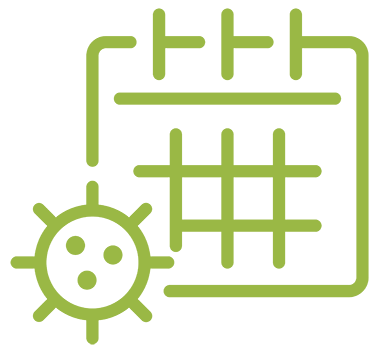

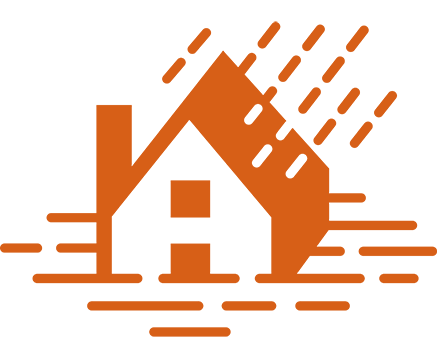

 It is incredibly difficult to characterize the challenges or opportunities for improvement, because it’s all compounded. Each issue dramatically impacts the others. The entire system is interconnected and broken… creating pain in every area. The compound effect of it all is crushing.”
It is incredibly difficult to characterize the challenges or opportunities for improvement, because it’s all compounded. Each issue dramatically impacts the others. The entire system is interconnected and broken… creating pain in every area. The compound effect of it all is crushing.”





